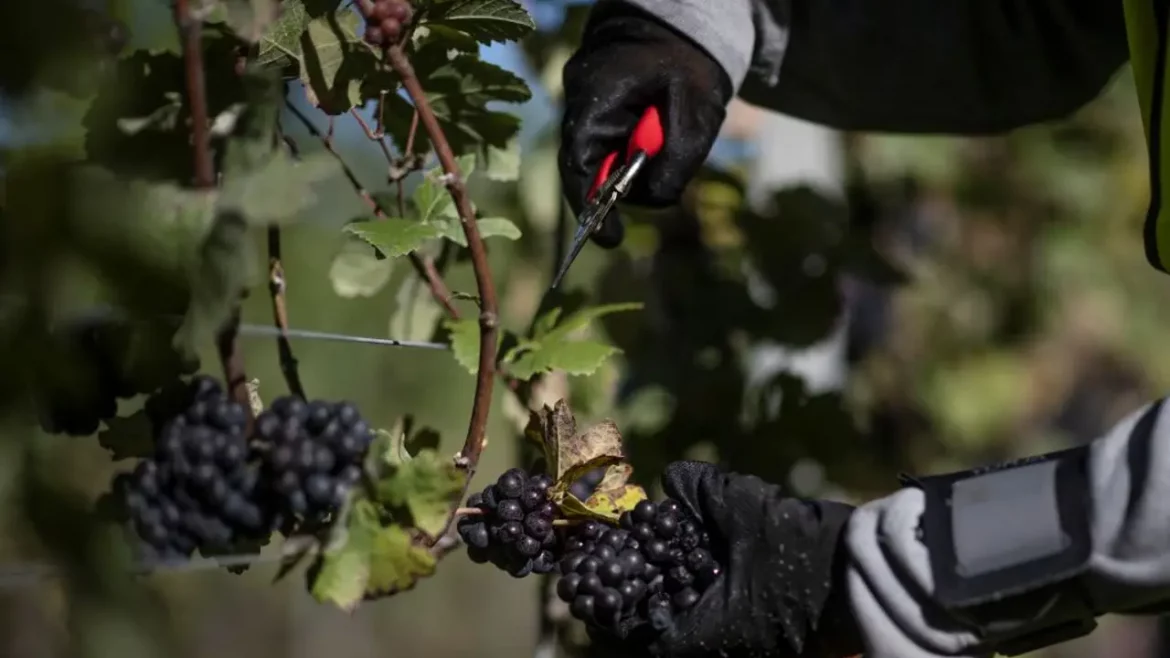Former White House chef Sam Kass has said he is concerned about climate change and how it will affect the future of food, just like millions of other people who live on Earth.
In the coming decades, a number of the most expensive goods will be “essentially unavailable,” according to Kass, who served as the Obama family’s main chef in the White House.
“A number of foods that we hold very dear to our hearts and largely take for granted are under a real threat,” Kass said. “And you’re seeing in the future, we’re on track for a lot of those to become quite scarce and some really to be largely unavailable to most people and others just significantly increased in cost.”
He explained that these products include consumables that the majority of Americans wouldn’t dare remove from store shelves, including staples found in most kitchens, such as wine, chocolate, coffee, and rice.
“Food and agriculture is the number two driver of greenhouse gas emissions globally and uses about 70% of the world’s waters. It’s the number one driver of deforestation, and land use change. It’s really at the centre of a lot of these environmental issues,” Kass added.
Read also: G7 establishes global club to fight climate change
Kass urged a significant shift in the sectors that make these products. According to him, in order to adjust to the inevitable changes brought about by climate change, agriculture’s very infrastructure must evolve.
He maintained that even if traditional supply channels are gravely threatened by the effects of climate change, demand will continue to rise globally, especially for high-quality beans.
According to reports, almost half of the world’s supply of the raw material used in chocolate bars is produced in Ivory Coast, a country in West Africa, where Jean Baptiste Saleyo has been farming cocoa for more than 40 years.
But the rains have become unpredictable, said Saleyo who fears that his crop could be yet another victim of climate change.
“When it should have rained, it didn’t, it didn’t rain,” Saleyo said as he inspected the ripeness of one of his cocoa pods. “It’s raining now, but it’s already too late.”
Cocoa farming employs nearly 600,000 farmers here in Ivory Coast, ultimately supporting nearly a quarter of the country’s population — about 6 million people, according to the Coffee-Cocoa Council. And it makes up about 15% of Ivory Coast’s national GDP, according to official figures.
This story was adapted from Fox5 Washington DC.
